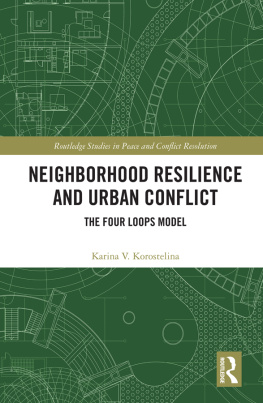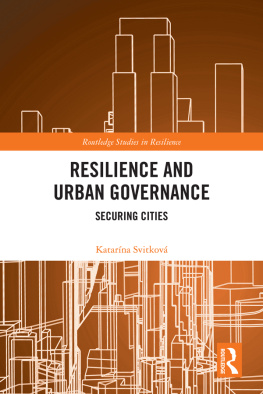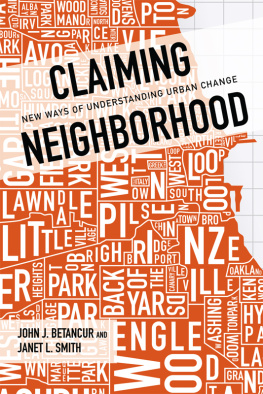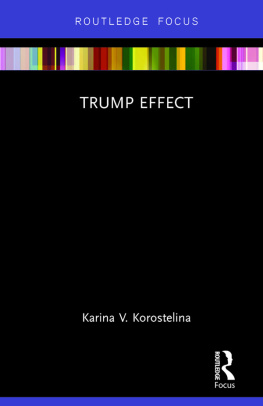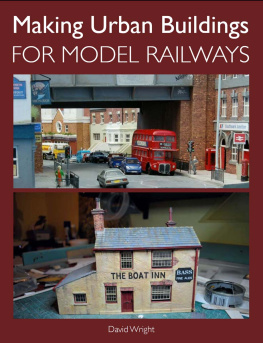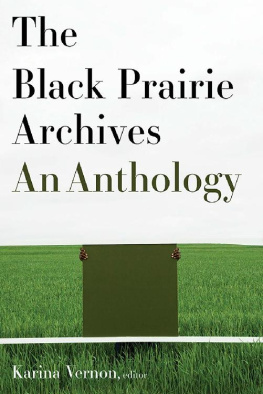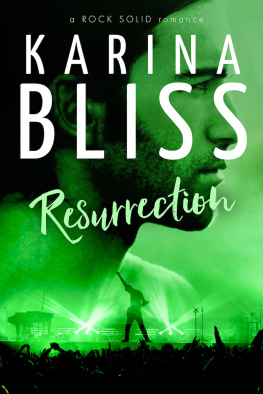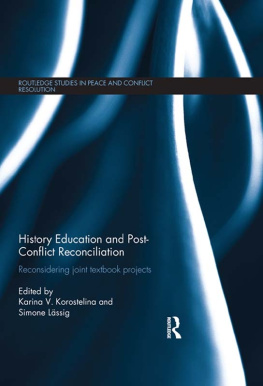Neighborhood Resilience and Urban Conflict
This book explores the resilience in urban neighborhoods affected by chronic conflict and violence, developing a new model for improving resilience policies.
The neighborhood resilience approach is an inclusive form of building positive resilience, which recognizes that local communities possess valuable skills and experience of dealing with crises and prioritizes the agency of local communities in the production of knowledge and developing practices. The book identifies and describes the repertoire of neighborhood resilience practices organized in four clusters: (1) addressing the structure of conflict; (2) increasing the effectiveness of external resources; (3) enhancing the community capacities; and (4) reflecting the dynamics of identity and power in neighborhoods. One of the key findings of the book is the nonlinear connections between structure and dynamics of conflict and neighborhood resilience practices represented in the Four Loops Model. The concentration on community-based practices addresses macro-level critiques of neoliberalism in critical resilience studies and encourages rethinking the ways community-based indicators might operate in combination with existing macro indicators of resilience. The bottom-up indicators provide more specific details and essential localized experiences for improving resilience policies at the national level.
This book will be of much interest to students of conflict resolution, resilience, urban studies, and US politics.
Karina V. Korostelina is Professor and Director of the Peace Lab on Reconciling Conflict and Intergroup Divisions at the Carter School for Peace and Conflict Resolution, George Mason University, USA.
Routledge Studies in Peace and Conflict Resolution
Series Editors: Tom Woodhouse and Oliver Ramsbotham
University of Bradford
The field of peace and conflict research has grown enormously as an academic pursuit in recent years, gaining credibility and relevance amongst policy makers and in the international humanitarian and NGO sector. The Routledge Studies in Peace and Conflict Resolution series aims to provide an outlet for some of the most significant new work emerging from this academic community, and to establish itself as a leading platform for innovative work at the point where peace and conflict research impacts on International Relations theory and processes.
Multi-level Reconciliation and Peacebuilding
Stakeholder Perspectives
Edited by Kevin P. Clements and SungYong Lee
The Colombian Peace Agreement
A Multidisciplinary Assessment
Edited by Jorge Luis Fabra-Zamora, Andrs Molina-Ochoa, and Nancy Doubleday
Conflict Resolution After The Pandemic
Building Peace, Pursuing Justice
Edited by Richard E. Rubenstein and Solon Simmons
Theorising Civil Society Peacebuilding
The Practical Wisdom of Local Peace Practitioners in Northern Ireland, 19652015
Emily E. Stanton
Neighborhood Resilience and Urban Conflict
The Four Loops Model
Karina V. Korostelina
For more information about this series, please visit: https://www.routledge.com/Routledge-Studies-in-Peace-and-Conflict-Resolution/book-series/RSPCR
First published 2022
by Routledge
2 Park Square, Milton Park, Abingdon, Oxon OX14 4RN
and by Routledge
605 Third Avenue, New York, NY 10158
Routledge is an imprint of the Taylor & Francis Group, an informa business
2022 Karina V. Korostelina
The right of Karina V. Korostelina to be identified as author of this work has been asserted by her in accordance with sections 77 and 78 of the Copyright, Designs and Patents Act 1988.
All rights reserved. No part of this book may be reprinted or reproduced or utilised in any form or by any electronic, mechanical, or other means, now known or hereafter invented, including photocopying and recording, or in any information storage or retrieval system, without permission in writing from the publishers.
Trademark notice: Product or corporate names may be trademarks or registered trademarks, and are used only for identification and explanation without intent to infringe.
British Library Cataloguing-in-Publication Data
A catalogue record for this book is available from the British Library
Library of Congress Cataloging-in-Publication Data
Names: Korostelina, K. V. (Karina Valentinovna), author.
Title: Neighborhood resilience and urban conflict : the four loops model / Karina V. Korostelina.
Description: Abingdon, Oxon ; New York, NY : Routledge, 2022. | Series: Routledge studies in peace and conflict resolution | Includes bibliographical references and index.
Identifiers: LCCN 2021020291 (print) | LCCN 2021020292 (ebook) | ISBN 9781032060842 (hardback) | ISBN 9781032060873 (paperback) | ISBN 9781003200642 (ebook)
Subjects: LCSH: Sociology, Urban. | Community organization. | Neighborhood planning. | Urban violence. | Conflict management. | Organizational resilience. | Group identity. | Social capital (Sociology)
Classification: LCC HT153 .K66 2022 (print) | LCC HT153 (ebook) | DDC 307.76dc23
LC record available at https://lccn.loc.gov/2021020291
LC ebook record available at https://lccn.loc.gov/2021020292
ISBN: 978-1-032-06084-2 (hbk)
ISBN: 978-1-032-06087-3 (pbk)
ISBN: 978-1-003-20064-2 (ebk)
DOI: 10.4324/9781003200642
Typeset in Times New Roman
by Apex CoVantage, LLC
The concept of this book had been developed at the Rockefeller Foundation Bellagio Center during my Academic Writing Residency in the summer of 2017. The Centers rich environment for interdisciplinary exchanges with residents and participants of international conferences served as an inspiration for my research. The Rockefeller Foundations Transform Cities Focus Area helped me envision the Four Loops Model to enable local governments in working with urban residents, responding to their priorities, and empowering communities to become more active stakeholders in the development of resilience in continuously changing cities.
This volume could not have been completed without support from the leadership of the Neighborhood Associates CorporationDr. Bobby Austin and Mr. Afnan Rashid. They initiated this research project and provided access to communities, supporting each stage of the research from the pilot study to sharing results with the communities. They inspired me to write this book and provided numerous invaluable insights during our discussions. It was a great pleasure working with them and discussing ways in which neighborhood resilience is constructed and functioned in the midst of urban conflict.
The undergraduate students supported by the George Mason University OSCAR programAmir Abu-El-Hawa, Shannon Mullin, and Kirubel Fesseseworkwere instrumental in developing strong ties with the residents and conducting interviews and observations in the neighborhoods. The help of my graduate assistants, Laura Collins, Samantha Shoemaker-Border, Nick Sherwood, and Michael Sweigart, was also indispensable for the success of this project.


